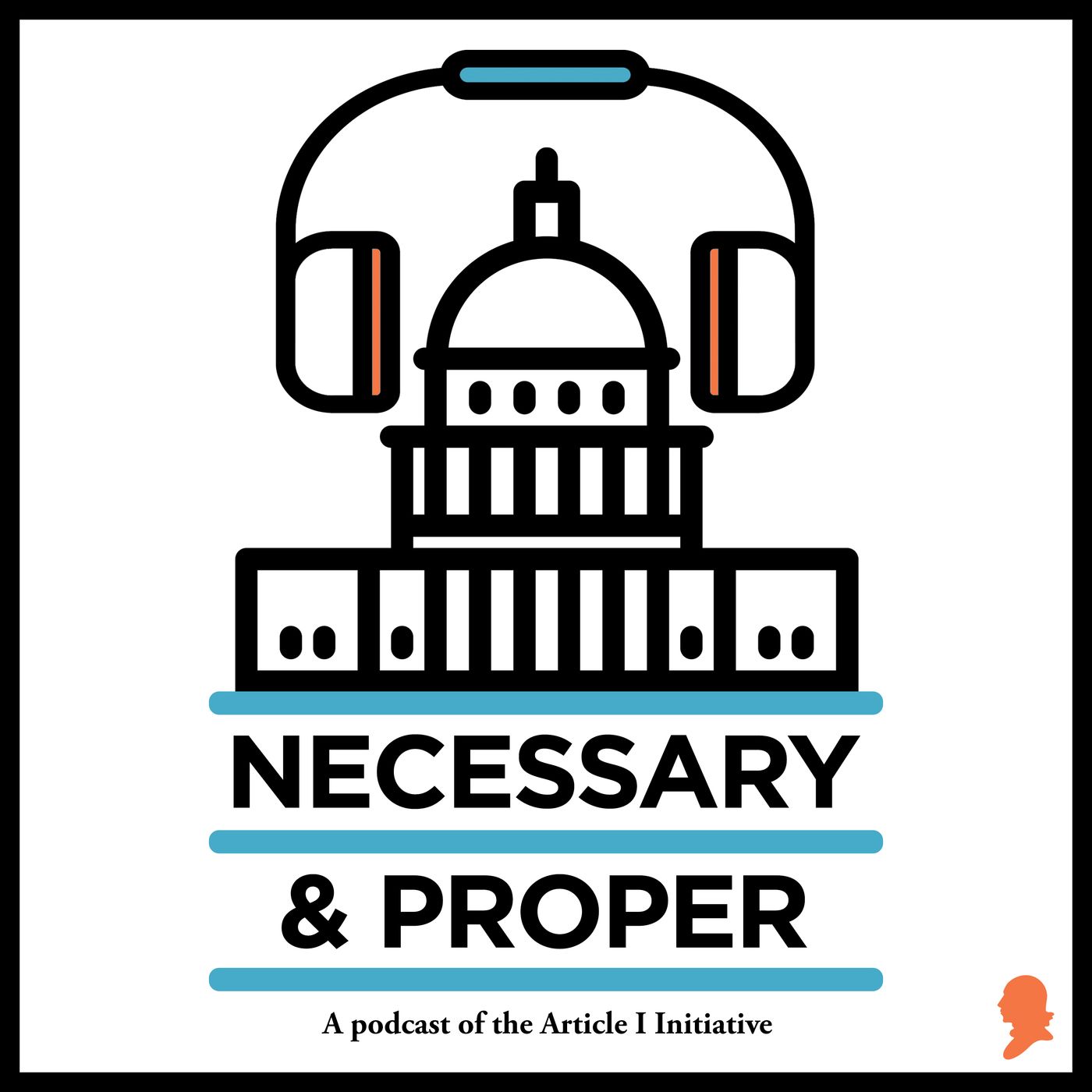Necessary & Proper Episode 62: Congressional Review Act: First Branch Gets the Last Word
Description
After living in relative obscurity since its passage in 1996, the Congressional Review Act caught the nation's attention in 2017 when a Republican-led Congress and newly-elected President Trump used it to overturn 14 "midnight" regulations issued at the end of the Obama administration. Some prominent Democratic lawmakers opposed the CRA's framework as well as its individual uses in 2017. Will roles be reversed in 2021 regarding Trump administration "midnight" regulations? Can they be completely reversed?
In this live podcast, experts review the overriding purposes of the CRA and do a deep dive into its technical elements, such as the law's expedited congressional procedures, the types of actions it covers, the number of votes needed to overturn an action, and the consequences of disapproval.
Featuring:
- Todd F. Gaziano, Chief of Legal Policy and Strategic Research & Director, Center for the Separation of Powers, Pacific Legal Foundation
- [Moderator] Susan Dudley, Director, GW Regulatory Studies Center & Distinguished Professor of Practice, Trachtenberg School of Public Policy & Public Administration, George Washington University
More Episodes
The development of standing jurisprudence has been inextricably intertwined with the growth of the administrative state over the past 60 years and the bevy of new statutory rights, privileges, obligations, constraints, and interbranch dynamics that came with it. Over the past three terms, the...
Published 08/27/24
Chevron v. NRDC (1984) and subsequent precedents held that courts should defer to agency interpretations of ambiguous statutes. This “Chevron Deference” has been a topic of great debate, with many calling for it to be overturned, while others argue it is a vital part of how Courts address the...
Published 08/15/24
Published 08/15/24


